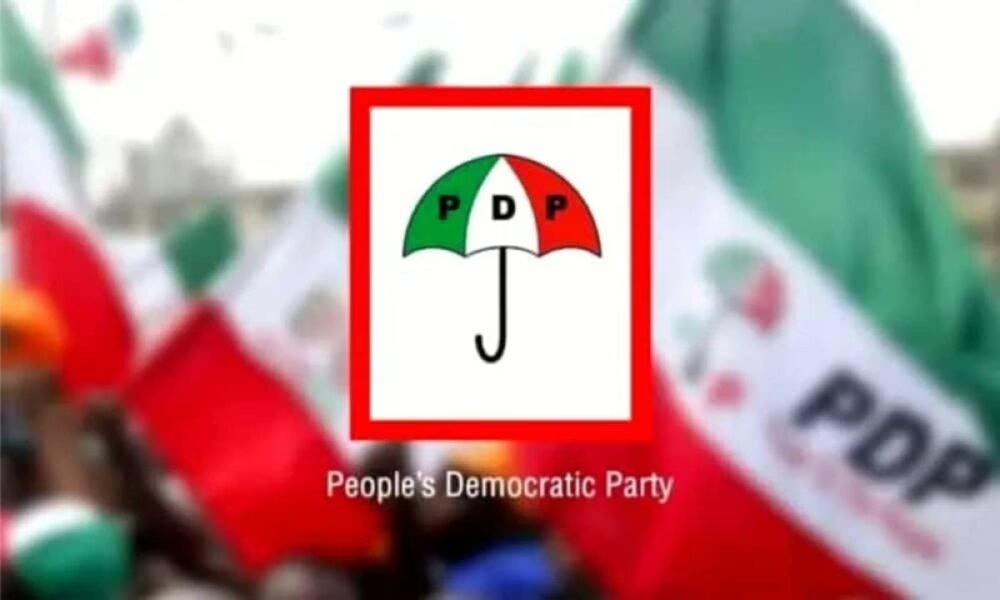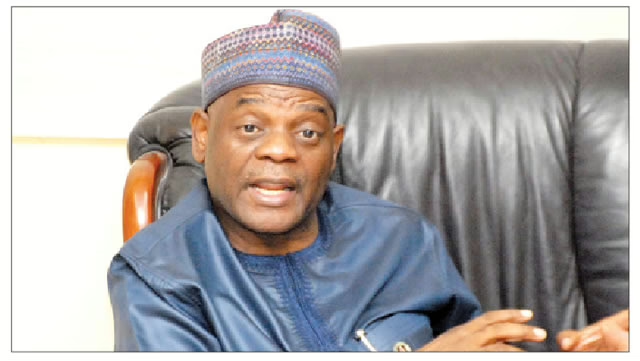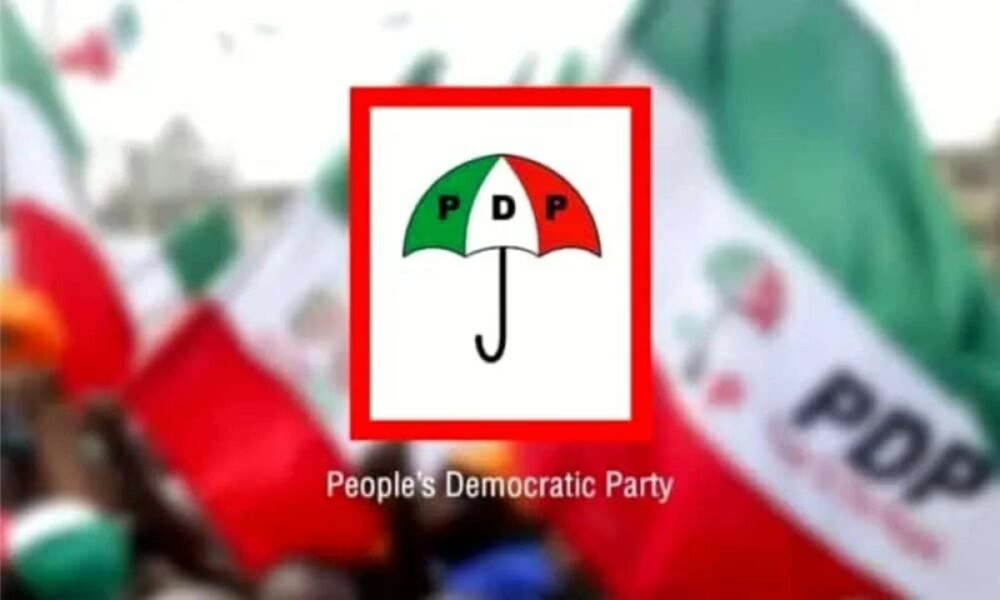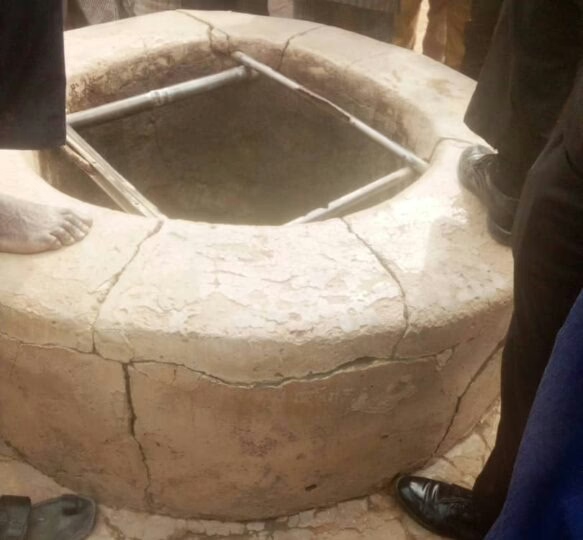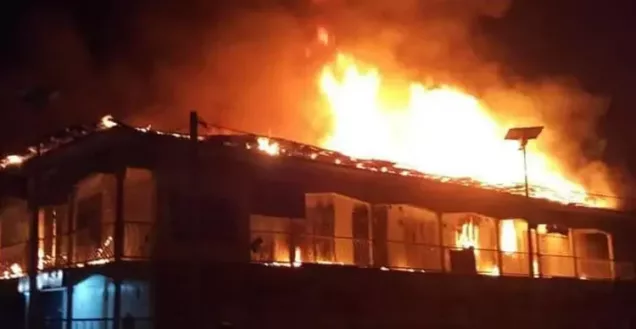The downward spiral of Foreign Direct Investments (FDIs) into this federation further corroborates the politico-economic perspective to state police. The best approach is to correlate the flow of FDIs with our security trends year by year. From $8.84 billion in 2011 to $3.06 billion, the flow of FDIs contracted by 65.38 per cent. By 2020, our FDIs further shrunk to $2.39 billion, thus representing a 72.9 per cent contraction from what we recorded in 2011.
In 2022, our FDIs snowballed into negativity. In 2023, the flow of FDIs resurged to $377 million with diverse initiatives the incumbent government introduced to restore internal stability. Within this timeframe, the steady contraction of FDI correlated directly with the frequency of armed attacks, to which the Nigeria Police could not decisively respond. And this trend crippled real production nationwide and exposed our economy unduly to diverse global economic shocks.
The flow of FDIs is not the metric to measure Nigeria’s economic haemorrhage to security challenges we are facing as a federation. A 2015 report by Mercy Corps, a reputable international non-governmental organisation, also quantifies the economic value of peace in the Middle Belt alone. In its findings, Mercy Corps concluded that Nigeria could gain as much as $13.7 billion annually in total macro-economic progress in a scenario of peaceful coexistence between herdsmen and farmers.
This value perhaps might include the cost of the food crisis and its consequent escalation of food inflation that rose to 40.53 per cent in April 2024. This finding reinforces our deduction that the interplay of socio-economic and political forces is pivotal to delivering a more efficient and functional police system.
Under the subsisting police order, it has been a herculean task to establish a stable security context. This x-rays the dysfunctional state of the Nigeria Police and failure to respond to its core mandates. For instance, what influenced the creation of EFCC, ICPC and NFIU?
The answer is evident in the malfunctioning of the Nigeria Police. The statutory mandates of EFCC, ICPC and NFIU constitute the core constitutional responsibility of the Nigeria Police. But its inherent dysfunctioning triggered the resolve of the National Assembly to enact legislation that would fill the vacuums that necessitated their establishment. With this scenario, I believe, the time to embrace the decentralised police model is now. It is dangerous for us to further delay our collective resolve to remodel our police system in accordance with the true characters of our federation.
As it is in other climes, the adoption of state police will in reality bring the people to the core of security operations. And the global trend in security practice supports this proposition, especially in emerging democracies like India, Mexico and even South Africa, where policing powers have been significantly devolved to sub-national governments. In advanced democracies too, Canada, Germany, the United Kingdom and the United States, among others, have long embraced the decentralised police model. The rationale behind their choice is not far-fetched: it relates to the principle of mutuality in policing. This principle assumes that the police need public support to effectively function within its core area of responsibility. Likewise, the people need the police to secure their lives and assets. This mutual dependence will unfailingly breed organic synergy between the people and police that will eventually create an environment where aggressors, criminals and outlaws can never thrive.
But can we just adopt state police without addressing the concerns of its critics? I truly share the fear of the critics that the governors can use the state police purely for private ends or such a police establishment may be too partisan in the discharge of its core mission. But the legislators, who are the truly elected representatives of the people, are conscious of public concerns about adopting state police and are under obligation to address public trepidation with the spirit of non-partisanism. We will convincingly deploy the instrumentality of ‘checks and balances’ to reduce, even completely discourage the use of state police for private ends when eventually adopted.
At the state level, the proliferation of vigilante groups is gradually metamorphosing into a similitude of anarchy. Different sub-national governments are now establishing vigilante groups under the guise of tackling criminal elements that threaten life and property. They are also procuring arms and ammunition for the protection of lives and assets within their spaces. In Kano, for instance, Hisbah, a replica of local police that enforce Sharia, was established to tackle some perennial security concerns. In the South-east, the governors created Ebubeagu in response to pervasive security crises.
In the South-west too, Amotekun came into being amid grievous security concerns. These groups are indirectly exercising the powers of state police outside the purview of the 1999 Constitution. However, the sub-national governments have justified their resolve to create vigilante groups on Section 4(7), which empowers the House of Assembly “to make laws for the peace, order and good government of the State or any part thereof…”
At best, the multiplicity of these security outfits with highly limited operational powers and without definite constitutional obligation obviously portrays an anarchic security context. And this context reinforces the proposal for the devolution of policing powers to sub-national governments.
Devolving policing powers from its subsisting centralised structure to the proposed decentralised model is not just an alternative we must all embrace just to reflect the true character of our federation, rather, it is a sine qua non for bringing our fatherland out of the woods or precarious conditions that have for decades eclipsed our public image before the comity of nations and caused our economy internal economic haemorrhage. It is also a globally recognised approach that gains profound acceptability among federal democracies.
With this emerging anarchic context, we must embrace an alternative police system, explicitly defined and technically designed in response to our socio-economic and political realities. As the debate for a more efficient police model subsists, the National Assembly is under obligation to provide a legal framework that provides clearly defined preconditions, to which sub-national governments must conform before they can establish their own police formation.
The role of all 36 Houses of Assembly is equally indispensable in the quest to adopt the decentralised police system. At least, the two-third of the state parliaments must approve the proposal before it can become effective.
In essence, the legal framework must be actionable and definite, evident and transparent, to allay public concern about state police.
It must convincingly address thorny issues that can, in the future, encourage the arbitrary use of state police by governors. It must clearly set out globally acceptable standards for unambiguous definition of the investigative, operational and prosecutorial powers of state police; well-structured welfare packages that will discourage unethical practices, minimum security equipment that will encourage efficiency, mainstreaming accountability and transparency mechanisms into the state police operations as well as promoting professionalism across all strata of police operatives, among others.
Providing a legal framework for the establishment of State Police should not be confused with its actual implementation when eventually adopted. Each sub-national government will be at liberty to set its own timeline for the operationalisation of state police within its jurisdiction. By implication, sub-national governments can choose to operationalise their own police formation at their own pace. Every state, already prepared for its operationalisation, can go ahead with it without further delay. The development of the legal framework will prevent sub-national governments from hiding under vigilante groups to arm people unconstitutionally. But we must comprehensively set out the legal framework for establishing state police so that all sub-national governments can follow laid-down principles and procedures in the bid to protect people’s lives and secure collective assets.
The legal framework, no doubt, will entail setting a globally acceptable policing standard, an assignment the National Assembly must carry out in outright demonstration of our spirit of nationalism, non-partisanism and utter allegiance to the Federal Republic of Nigeria. As a people of collective purpose, therefore, we are also under obligation to deviate from the shadow of our horrible past and embrace innovative approaches to our collective challenges. And one of such approaches is the establishment of the state police, which in truth should be objectively designed to avoid cases of misuse for political ends. Like other models, it may have its inherent deficiencies but its benefits, no doubt, far outweigh its costs in all ramifications. And now is the time for us as a people of collective purpose to do the needful in the national interest.
Concluded.
Opeyemi Bamidele is the Leader of the Senate, Federal Republic of Nigeria



